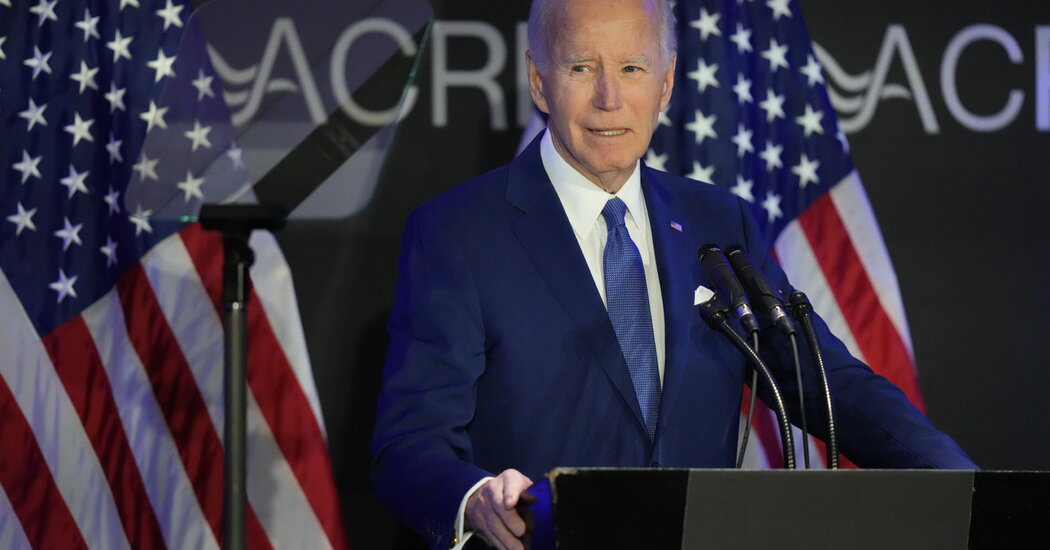The Trump administration on Tuesday cut more than 10 percent of the work force at the National Science Foundation, an independent agency that supports cutting-edge scientific research, adding to the widespread purge of federal workers with probationary status that began last week.
Michael England, a spokesman for the foundation, said in a statement that the agency fired 168 probationary employees, and that it “had approximately 1,450 career employees prior to the cuts.”
But an N.S.F. employee with knowledge of the matter disputed that all of those fired on Tuesday were on probation. The employee, who spoke on condition of anonymity out of fear of retaliation, said that only about half of the layoffs were of probationary staff, and the other half affected more senior specialists.
The Trump administration ordered agencies last week to terminate most of an estimated 200,000 government workers on probation, and mass firings began to cascade through the government, with some departments laying off more than a thousand employees at a time. Other agencies, including the Internal Revenue Service, are still preparing to lay off thousands more employees this week.
Over the weekend, cuts targeting scientists and public health officials rattled through the civil service. An estimated 1,200 employees at the National Institutes of Health, the nation’s premier biomedical research agency, have already been dismissed. Employees at the N.S.F. were told earlier this month to expect a total reduction in its work force of 25 to 50 percent, according to a person familiar with the matter who spoke on the condition of anonymity because the person was not authorized to discuss the plans publicly.
Workers on probation do not receive the same protections that many other federal employees have. Probationary periods tend to last a year, but they can be longer for certain positions.
The N.S.F. and the N.I.H. are the two cornerstones of public research funding in the United States. The N.S.F. focuses on nonmedical scientific research, supporting advanced research on quantum computing, artificial intelligence, observation of outer space, and the creation of new advanced materials used in electronics.
The list of scientific breakthroughs accomplished with N.S.F. funding is expansive, but the foundation has supported the development of society-changing inventions like the internet, smartphones, M.R.I. scanning, LASIK eye surgery, 3-D printing, kidney transplants, lithium-ion batteries, radar, LED lights and even the language learning app Duolingo.
Coral Davenport contributed reporting.











